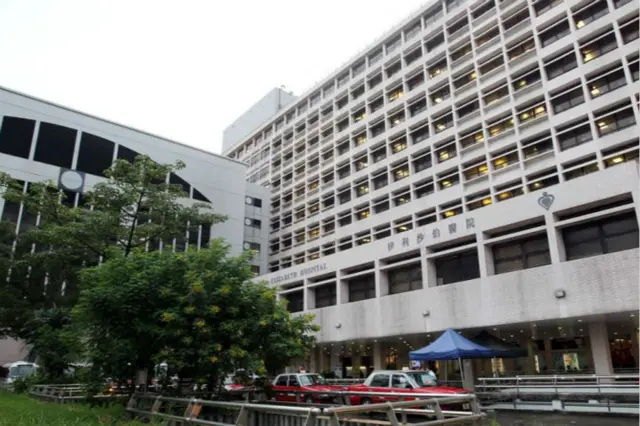Australians are known for their love of alcohol, most notably beer, but it has been revealed this passion comes at a 2.2 billion U.S. dollar cost to the nation's economy.
A study from researchers at Adelaide's Flinders University revealed that the dreaded "hangover" -- the morning-after feeling resulting from an over-indulgence in alcohol -- resulted in Australian workers calling in sick for a collective total of 11.5 million work days annually.
Ann Roach, lead author of the study, explained how alcohol diminished physical and emotional well-being in workers.
"Alcohol puts a bit of a tax on your immune system... and it's quite implicated in mental health problems. If people are prone towards anxiety and depression, they often self medicate with alcohol," Roach told Melbourne's The Age newspaper on Tuesday.
The study used figures published in the 2013 National Drug Strategy Household Survey to calculate alcohol's unseen price tag.
Originally the research found that Australian missed around 2.6 million days of work due to alcohol and drug habits. The majority of them, 1.6 million, were attributable to alcohol alone.
The researchers then used two different mechanisms to work out the total loss in financial productivity.
The first mechanism multiplied 267.70 dollars -- the average one-day wage plus 20 percent employer on-costs -- by the self- reported number of days off (2.6 million). This equaled a total cost of 500 million U.S dollars annually.
The second measure, which reached the 2.2 billion U.S. dollar figure, multiplied 267.70 dollars by the estimated difference in illness or injury absenteeism between those who used alcohol or drugs compared to alcohol abstainers.
According to the Australian Bureau of Statistics data, released in May this year, Australia's consumption of alcohol is at its lowest level since 1960 -- at two standard drinks a day.
But Roach said Australia's older age group -- those born between 1946 to 1964, a generation known as the "Baby Boomers" -- was still at risk.
"There has also been a statistically significant increase in Baby Boomers drinking at risky levels. We've never seen that before," she said.
 简体中文
简体中文

